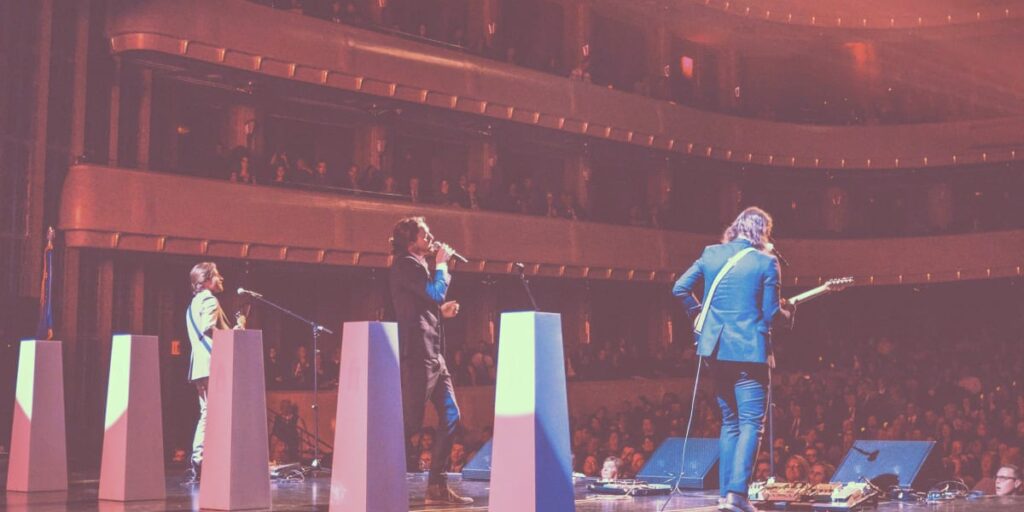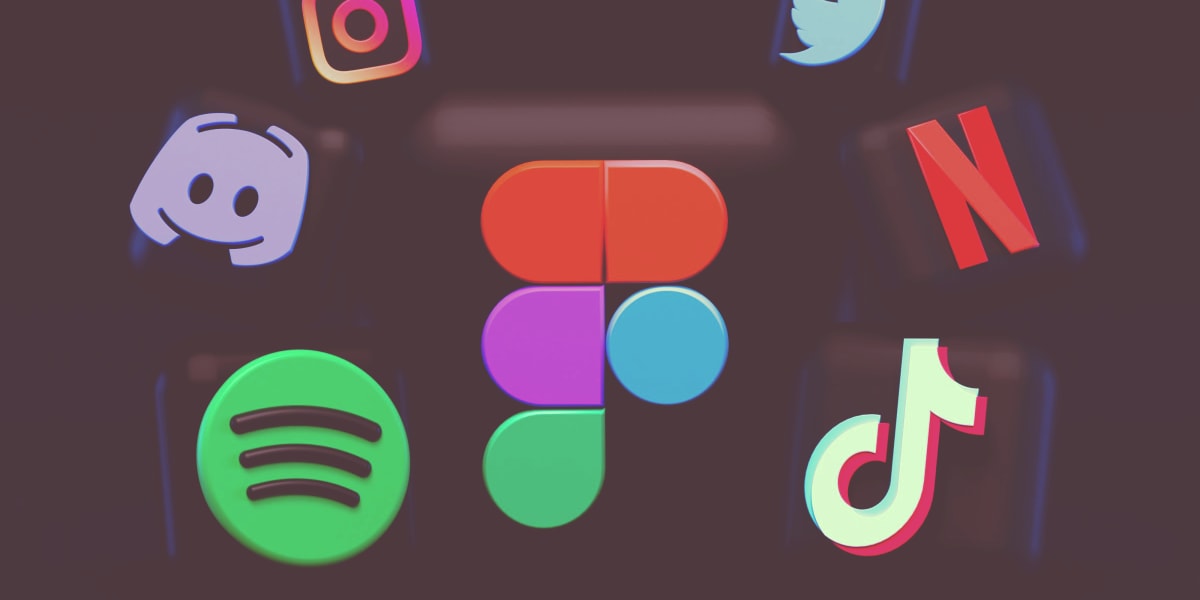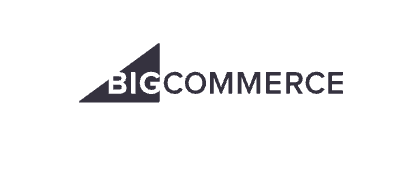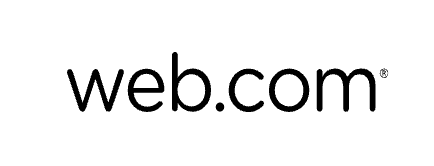Music Marketing: 4 Examples of Music Marketing Strategy

Music marketing has come a long way since the days of radio play and traditional advertising. With the rise of digital media, artists and labels now have access to many tools to promote their music. From social media to streaming services, the opportunities for music marketing are endless. Music marketing is a crucial part of any musician’s career. With the right strategies, you can reach new audiences, increase your fan base, and create more opportunities for yourself.
As the music shifted from a service to a product, music marketing became essential. This promotion helps independent musicians hear their streaming and break into the industry. Without marketing skills, making it in the music business can be challenging.
Music marketing involves generating, sharing, delivering, and trading music to people who can gain from it. It is an indispensable tool that allows musicians to have the chance to be heard.
Difficulties Faced by Musicians in the Music Business
Advertising is essential to the music business’s high achievement rate. As a musician, you can’t reach your audience without it. Your audience will not learn of you or why you decided on a calling in the music business, or why they should tune in to your music. Music publicizing steps in as an indispensable instrument because rivalry is extreme.
Many gifted performers are starting to leave the music business because they cannot acquire the fame they need or draw in new fans. Some capable singers and musicians are regarded as independent today. Another significant difficulty artists confront today is the reliance on record corporations, production firms, or music administration.
However, they chose to be autonomous using some music advertising plans. Other issues faced by instrumentalists in the music industry involve: arriving at an authentic crowd, bonding with the audience, comprehending what the collective wants, and honestly fulfilling these desires.
Read also: 6 Legal Ways to Download Music From YouTube.
This article is designed to give musicians an understanding of how to find success without relying on a record label, production company, or music media management. To achieve this, they need to take advantage of the resources available for music promotion.
What are music marketing tools available?

Regarding music marketing, various tools are available, including social media, collaborations, email marketing, radio promotions, ad campaigns, live streams, and more. Depending on your chosen strategy and target demographic, some options are free, while others may be more costly.
In the music business, with an intense rivalry, musicians must participate in shrewd music advertising. It is also necessary for artists to construct a solid career in the music market. This is because there may be a chance of transitioning from being a performing artist to becoming a music creator. The critical thing is having the readiness when that time arrives.
The Power Of Music Playlists
Music has always been a powerful tool for brands. Whether it’s for entertainment, promoting a product or service, or connecting with customers, music is an essential part of marketing. However, the reach and impact of music marketing can be significantly increased through streaming platforms like Spotify and Apple Music.
Influencers And Playlists-Leveraging Music To Reach New Audiences
Music marketing is an integral part of any successful music career. By understanding your audience, choosing the right influencers, and optimizing your music for streaming platforms, you can reach new audiences and drive more traffic to your music.
It’s essential to understand who your target audience is. This can be done by analyzing demographic information such as age, gender, and interests. Once you have a good idea of your audience, it’s time to choose the right influencers to promote your music with. Influencers are people who have a large following on social media or elsewhere online and are likely to be influential in spreading the word about your music.
Once you’ve chosen an influencer, it’s time to optimize their placement on social media and other media platforms. Titles should be catchy but not too long or difficult to read. You also must ensure that the artwork accompanying the songs is attractive enough for people to want to listen without having to watch an entire video first. Additionally, make sure that all of your descriptions are clear and concise so that users know what they’re getting themselves into when listening to or streaming your music.
What Is Music Marketing?
Music marketing aims to connect musicians and their fans while introducing new people to the artist’s music. Music marketing plans utilize tactics like distributing mixtapes and using digital platforms, such as social media, to advertise their work.
An artist can manage music promotion independently or with a record label and marketing team.
Read also: Attractive Music Production Company Names Ideas
Three Duties of a Music Promoter
The tasks of a music marketer include:
- The marketing manager designs strategies for the artist’s new album or upcoming tour. They collaborate with the artist and A&R team to create promotional activities to reach existing and potential fans.
- Music marketers create collaborations with various music industry professionals, from press contacts to DJs and curators. They work with the label’s press team to arrange interviews.
- Music marketers use analytics to measure the effectiveness of email campaigns, social media posts, and other marketing tactics.
Here are four strategies for promoting your music.

Music marketing is typically accomplished through an assortment of tactics. Examples of music promotion and marketing include:
- Music marketers collaborate with advertising companies (or the advertisement and art divisions of a record label) to design ads to raise awareness of the artist’s music. This can include billboards, social media initiatives, radio commercials, or magazine advertisements.
- Live performances and radio promotions are great ways to market your music. It’s a chance to spread the word about your tour dates and sell merchandise like posters, stickers, or shirts.
- The music marketing team oversees an artist’s digital presence, ensuring that their new music is available on streaming platforms.
- Social media marketing plays a key role for artists. Using platforms like Facebook and Instagram, musicians can keep their fans updated on new content.
Sponsorships And Collaborations For Growth
Music is essential to every person’s life, and it’s no different for businesses. Whether you’re a small business or a giant corporation, music can help to attract new customers and build brand awareness. However, to make music work for your business, you must understand how to use the right marketing strategies.
One of the most important aspects of music marketing is partnering with the right people. When you partner with the right people, your music will reach a wider audience and be more successful. You can start building success today by understanding your target audience and what types of partnerships would be most beneficial for your music.
One way to partner with the right people is through sponsorships. Sponsorships allow businesses to partner with artists in exchange for exposure and promotion on their behalf. This can help introduce your company to a broader audience while generating revenue for both parties involved.
Another important way to connect with potential customers is through social media campaigns. Social media campaigns are a great way to reach a broad audience quickly and organically build relationships. Using social media platforms like Twitter and Facebook, you can create content that resonates with your target audience and amplify your message through word-of-mouth advertising.
Finally, building an organic following on social media isn’t always possible or practical. That’s where user-generated content comes in handy! User-generated content (UGC) is created by fans rather than professionals or executives in charge of marketing strategy development – it’s more authentic and relatable because it comes from the heart. By creating UGC that reflects your brand values and focuses on what fans care about most, you can help encourage them to spread the word about your music online.
Live performances and radio promotions are great ways to market your music.
It’s a chance to spread the word about your tour dates and sell merchandise like posters, stickers, or shirts. At the same time, digital platforms such as streaming services, social media, and websites can be used to reach a wider audience. Utilizing these platforms also allows you to connect with fans more personally, building relationships that can prolong an artist’s career. You can use these platforms to promote new releases, share information about upcoming events and sell music-related products such as downloadable tracks and albums.
Furthermore, the digital age has opened up numerous opportunities to interact with listeners personally. What was once a monologue has now become a dialogue, which can strengthen one’s connection with the fan.
Additionally, digital forms of promotion can be used to engage further with an audience. Through distribution services such as Bandcamp and Soundcloud, it’s possible to distribute music to potential fans without having to sign with a label or spend a lot of money and make connections with platforms in your genre through commercial radio. With just a few clicks, artists can now push their music out to listeners who may be spread across the globe.
Read: Electronic Music Blog Names Ideas to Know
Streaming platforms play an essential role.
In recent years, streaming platforms have become increasingly popular as people look for convenient and immediate access to their favorite shows, music, and even books. Streaming services provide users with a wide variety of entertainment options, and many of these platforms make it easy for people to watch or listen to whatever they want whenever they want. These streaming services are available on various devices, from smart TVs and smartphones to gaming consoles and tablets.
This makes it easier to access your favorite content from almost any location. Additionally, many streaming services offer users the ability to customize their experience, such as creating profiles or playlists for easier access. Streaming services’ convenience means you don’t need to wait in line or get out of your house to get the content you want. You can easily pick up where you last left off or browse through different collections of movies, TV shows, and music.
Using Social Media To Build Engagement

Music marketing is an essential aspect of any music artist’s career, and it’s something that you should be utilizing to reach your target audience. By using social media and streaming platforms, you can increase fan reach and visibility while also measuring the success of your music marketing campaigns.
One way to increase fan reach is to use social media platforms like Facebook and Twitter. Following relevant accounts and posting relevant content can help increase your music’s visibility. In addition, you can track your marketing campaign’s effectiveness using data analytics tools like Mixpanel or Google Analytics. This information can help you to make informed decisions about future campaigns.
Another important aspect of music marketing is measuring results. You shouldn’t just blindly post content hoping for the best; instead, it’s important to track the performance of your posts to optimize them for better results. This includes engagement rates, likes, shares, and conversion rates (how many people buy or listen to your music after seeing your post).
To further boost engagement with fans, it’s important to craft content that is both engaging and visually appealing. Utilizing VR (virtual reality), AR (augmented reality), or AI (machine learning), you can create experiences that are both interesting and informative for fans. This will help them feel closer to your music – making them more likely to share or engage with it on social media platforms.
In addition, tracking performance metrics helps artists determine which posts are doing the best job reaching their target audience – meaning they’re likely worth spending time on! Finally, by conducting A/B testing on various elements of a music marketing campaign – such as graphics or posts – you can find creative ways to increase engagement even further!
Using a sound musical strategy when promoting your music online will boost fan reach and increase sales through retargeting (targeting fans who have already shown interest in what you’re doing). So start thinking about how best to use social media channels today so that tomorrow will be even better for your musical career!
To Summarize
In conclusion, music marketing is a powerful tool for any musician looking to build a successful career in the music industry. By leveraging streaming platforms, influencers, and playlists, using social media to engage with fans, and partnering with the right people through sponsorships and collaborations, you can reach new audiences and drive more traffic to your music.
Understanding your target audience and utilizing data insights can maximize the impact of your music marketing campaigns for greater success. With these strategies in place, you can build a strong fan base today! Take action now by analyzing who your target audience is and crafting content that resonates with them!






